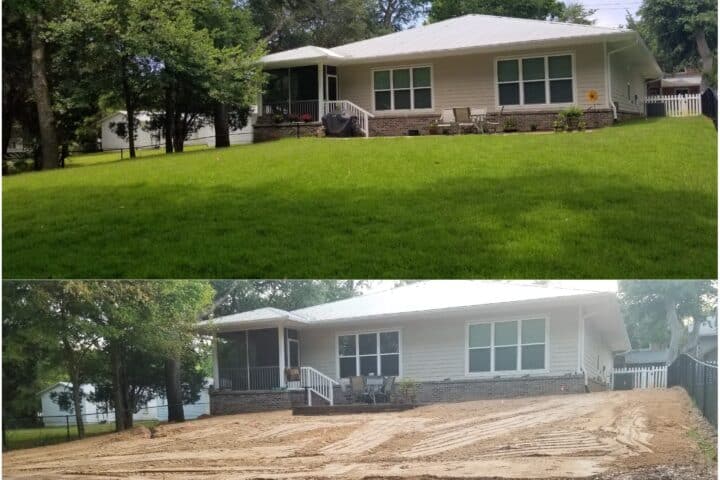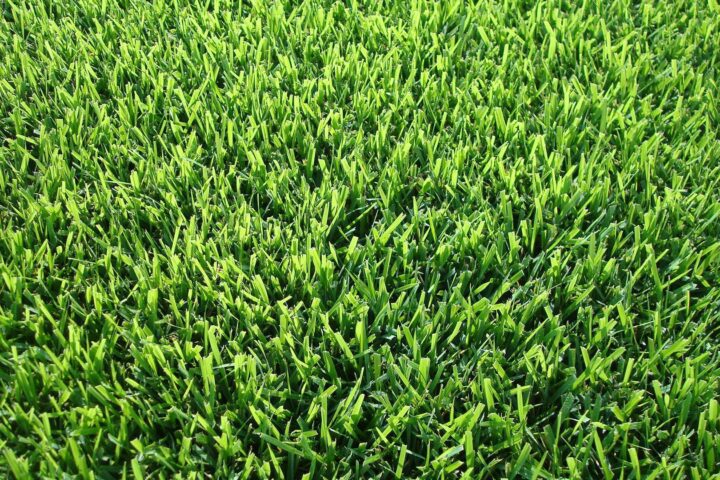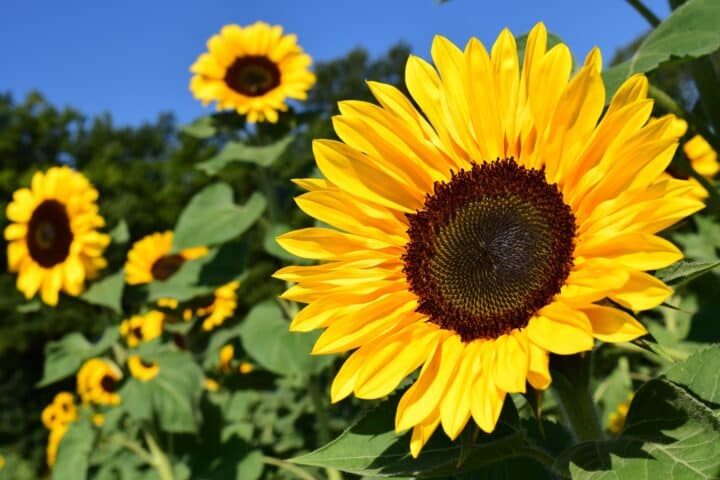Optimizing your landscaping for the natural winter elements is essential in maintaining your plant and lawn's health and beauty throughout the year. Mulch is one way to protect your flowerbeds from frost and the occasional ice or snow. Mulch acts as a blanket for your foliage. It has many benefits; however, there are some cons to consider.
Consult with Your Lawn Care Specialist?
There are varying types of mulch to choose from. Each has its own pros and cons. Due to pine needles being readily available from pine trees, this is probably the most common type used. It lasts two to four seasons. The fact that it is a light material makes it easy for air and water to pass through. It is a great soil insulator in both winter and summer months, and it looks great around your flowerbeds. Since pine needles do affect the PH level of your soil, it is recommended to mix it with some sort of compost.
What Are Mulch Benefits?
Other types of mulch are straw, compost, grass clippings, peat moss, plastic covering, organic materials and many others. Some benefits of having mulch include providing insulation, conserving soil moisture as well as improving the soil structure. It also prevents water runoff and prevents erosion. Not to mention it's a great way to recycle your yard's "trash".
What About the Cons?
Some possible disadvantages to using mulch are excessive moisture and it creates a barrier between oxygen and water. Heat, moisture, as well as soil temperatures, are also potential hazards. The lawn care specialists at ScenicScape are here to help you winterize your property. We use our expertise when determining the best way to protect your greenery during the cold months. One of the services we offer is installation, maintenance, and repair of your irrigation system. It is a great time to prepare for the colder temperatures.



